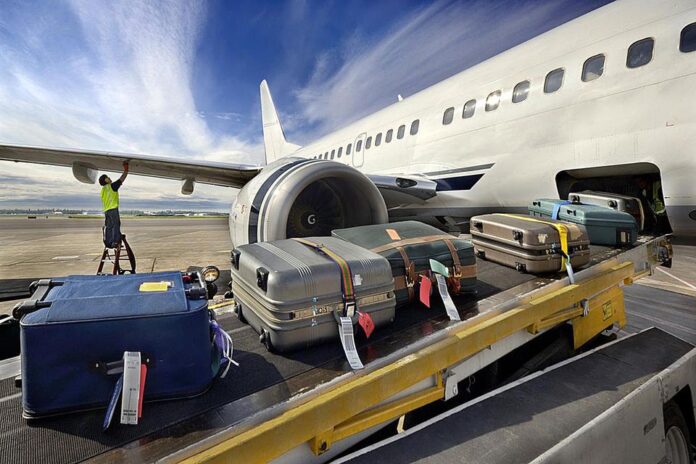On Tuesday, Pakistan International Airlines (PIA) left passengers’ luggage at Jeddah airport due to limited capacity on flight PK 832, sparking fresh concerns over the national airline’s operational challenges amid its privatization process.
Passengers on the Karachi-bound flight, including many Umrah pilgrims, arrived to find their luggage missing, adding to their frustration following a two-hour flight delay.
Upon arrival at Karachi airport, affected passengers expressed disappointment when informed that approximately 81 pieces of luggage had been left behind in Jeddah. Many called on the Prime Minister and Federal Minister of Interior to take action, describing the incident as a reflection of ongoing management issues within PIA.
A PIA spokesperson explained that limited space on the aircraft required leaving some luggage in Jeddah but assured passengers that the missing bags, affecting around 40 passengers, would be sent to Karachi on the next available flight.
The setback underscores the operational difficulties PIA faces as the airline moves toward privatization. The government’s effort to attract private investors may be hindered by such recurring logistical issues, which impact passenger confidence and raise questions about the airline’s performance. For PIA’s privatization to succeed, experts argue that visible improvements in efficiency, customer service, and logistics management are essential to enhancing its market position and public reputation.




